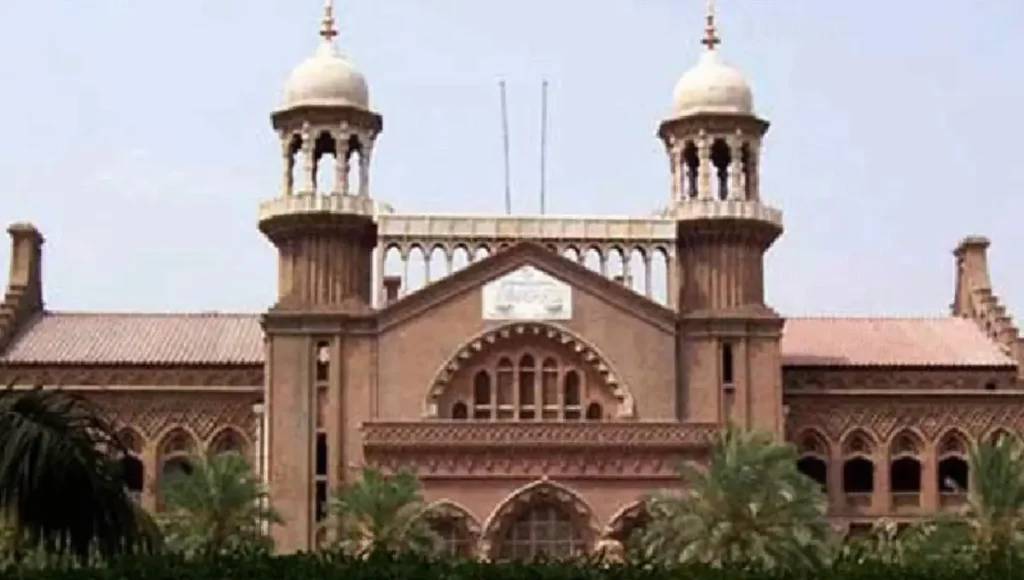Pakistan’s High Courts are pivotal institutions in the judicial system, serving as appellate authorities and guardians of constitutional rights.
Established under Articles 192–203 of the Constitution, they ensure justice, interpret laws, and address grievances beyond lower courts’ capacities. This guide explores their structure, functions, and practical details for citizens.

Total Number of High Courts in Pakistan
Pakistan has five High Courts one for each province (Punjab, Sindh, Khyber Pakhtunkhwa, Balochistan) and the Islamabad High Court for the federal capital.
The Islamabad High Court was established in 2010 under the 18th Constitutional Amendment, replacing the previous federal shariat court system.
High Court Structure in Pakistan
Pakistan has five principal High Courts:
- Lahore High Court (jurisdiction over Punjab)
- Sindh High Court (based in Karachi, covering Sindh province)
- Peshawar High Court (serving Khyber Pakhtunkhwa)
- Balochistan High Court (located in Quetta)
- Islamabad High Court (authority over the federal capital).
Each High Court is headed by a Chief Justice, supported by judges appointed by the President of Pakistan. Judges must have at least 10 years of experience as advocates or judicial officers. To improve accessibility, regional benches operate in cities like Multan, Abbottabad, and Turbat.
Types of Cases Heard in the High Court
High Courts adjudicate four primary categories of cases:
- Constitutional Matters: Challenges to violations of fundamental rights (e.g., freedom of speech, unlawful detention).
- Writ Petitions: Filed against government actions exceeding legal authority (e.g., arbitrary administrative decisions).
- Civil and Criminal Appeals: Transferred from district courts, anti-terrorism tribunals, and family courts.
- Public Interest Litigation (PIL): Addressing environmental issues, governance failures, or human rights concerns.
Military service disputes and cases under specialized tribunals (e.g., tax or banking courts) fall outside their jurisdiction.
Number of Judges in Pakistan’s High Courts
The total judges vary by court size and caseload:
- Lahore High Court: Largest, with over 60 judges.
- Sindh High Court: Approximately 40 judges.
- Islamabad High Court: Smaller, with around 15 judges.
Judges retire at 62 years, and vacancies are filled through recommendations by the Judicial Commission of Pakistan.
How to Check High Court Case Status Online
Follow these steps to track cases:
- Visit Official Portals:
- For the Islamabad High Court, use the MIS portal.
- For the Sindh High Court, access the Case Management System.
- Enter details such as the case number, party name, or lawyer’s credentials.
- Review updates on hearings, adjournments, or judgments in real time.
Always cross-verify details with the relevant court’s registrar office for accuracy.
Key Differences Between High Courts and the Supreme Court
Jurisdiction
- High Courts: Handle provincial/federal cases, including constitutional rights violations and appeals from lower courts.
- Supreme Court: Acts as the final appellate court, resolving disputes between provinces or federal institutions.
Appointment Criteria
- High Court Judges: Require 10+ years of legal practice.
- Supreme Court Justices: Must have 15+ years of experience as advocates or 5+ years as High Court judges.
Retirement Age
- High Court judges retire at 62, Supreme Court justices at 65.
Read How to File a Case in High Court of Pakistan
FAQs:
Q1: Can a High Court overturn a federal law?
Yes—if the law violates constitutional provisions, the High Court can declare it unconstitutional.
Q2: How are judges transferred between High Courts?
Transfers require approval from the Supreme Judicial Council and the President.
Q3: Are High Court proceedings open to the public?
Most hearings are public, except in sensitive cases (e.g., national security).
Q4: Can foreign nationals file cases in High Courts?
Yes, if their constitutional rights are impacted within Pakistan’s jurisdiction.

